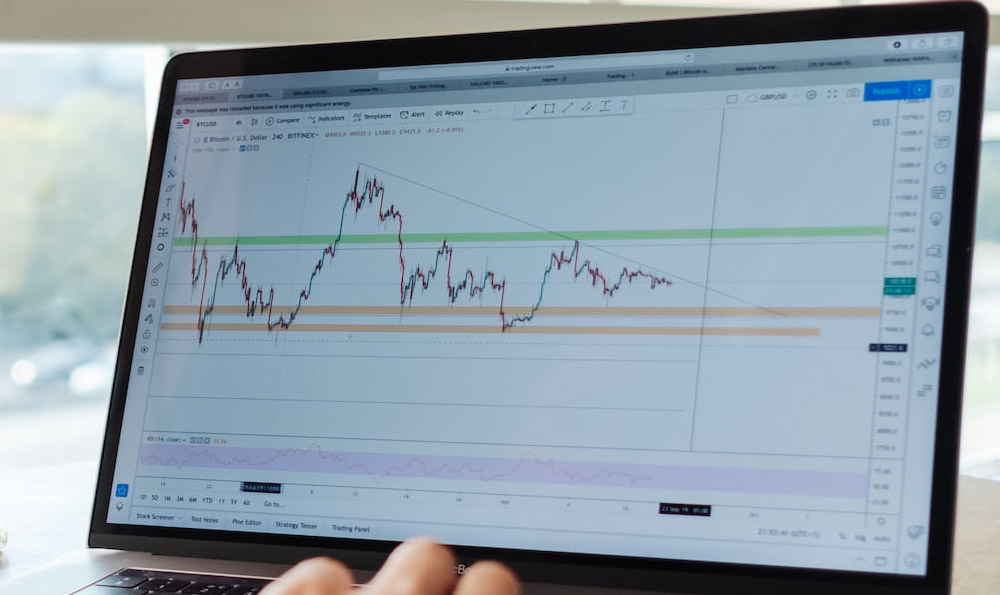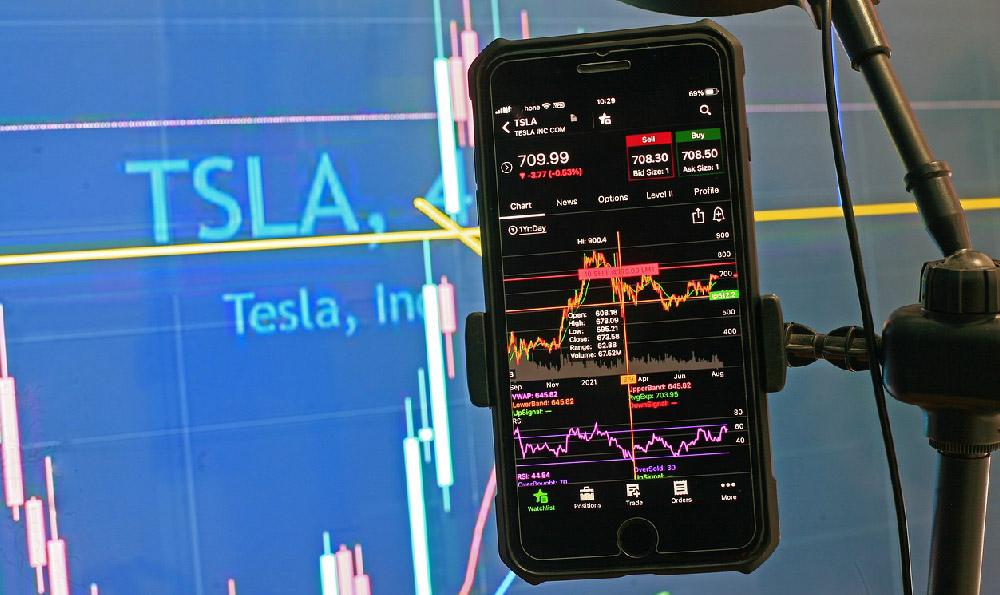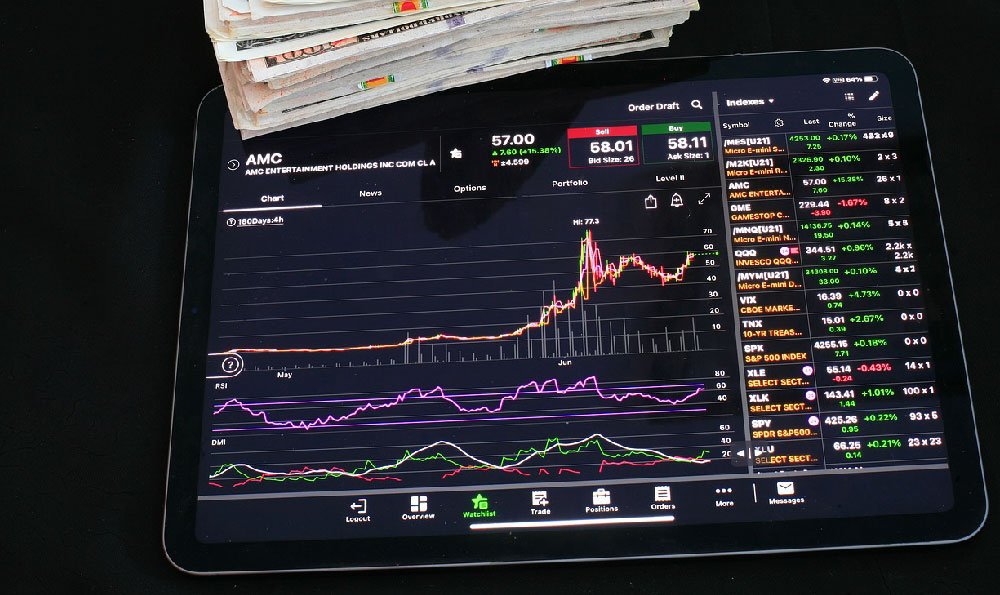Sean "Diddy" Combs, often known by his various monikers including Puff Daddy, P. Diddy, and simply Diddy, amassed a fortune exceeding hundreds of millions of dollars through a multifaceted approach that extended far beyond just music. His wealth wasn't simply a product of record sales and concert tours; it was the result of strategic entrepreneurship, clever branding, and the creation of a diversified portfolio of businesses. Understanding his path to riches and the significance of his achievements provides valuable insights into the intersection of entertainment, business acumen, and cultural influence.
Diddy's initial success stemmed from his undeniable talent for identifying and nurturing musical talent. Starting as an intern at Uptown Records, he quickly rose through the ranks, showcasing his ability to discover and develop artists like Mary J. Blige and Jodeci. However, his departure from Uptown and the establishment of Bad Boy Entertainment in 1993 marked a pivotal moment. Bad Boy wasn’t just a record label; it was a cultural phenomenon. He expertly cultivated a distinct brand, characterized by flashy aesthetics, hard-hitting beats, and a roster of artists who embodied the "bling era" of hip-hop. The label's early successes, driven by acts like The Notorious B.I.G. and Mase, generated substantial revenue and cemented Diddy's position as a major player in the music industry. He recognized early on that being a producer and label owner wasn't enough; he needed to control the narrative and own the intellectual property. This understanding of ownership and branding proved crucial to his future endeavors.
However, Diddy’s true genius lay in his ability to leverage the Bad Boy brand and his own personal charisma to venture into diverse business opportunities. He understood the power of celebrity endorsements and used his fame to launch and promote various ventures. One of his most successful moves was the creation of the Sean John clothing line in 1998. Capitalizing on the popularity of hip-hop fashion, Sean John quickly became a major player in the apparel industry, generating hundreds of millions of dollars in revenue. The brand's success was a testament to Diddy's understanding of his target audience and his ability to create products that resonated with their aspirations. He didn’t just slap his name on existing products; he built a brand that represented a lifestyle, a sense of aspiration, and a connection to hip-hop culture.

Beyond fashion, Diddy ventured into the spirits industry. His partnership with Diageo to launch Cîroc vodka in 2007 proved to be incredibly lucrative. Diddy didn't just act as a celebrity spokesperson; he actively participated in the brand's marketing and development. He understood the power of storytelling and crafted a compelling narrative around Cîroc, positioning it as a premium, aspirational brand. His involvement extended beyond mere endorsement; he held a significant ownership stake and actively participated in strategic decision-making, maximizing his returns. This hands-on approach, combined with his marketing prowess, transformed Cîroc from a relatively unknown vodka brand into a market leader.
Furthermore, Diddy expanded his business interests into other areas, including television production, fragrance, and even water brands. He understood the importance of diversifying his portfolio to mitigate risk and capitalize on emerging opportunities. He established Revolt TV, a music-oriented television network aimed at the millennial generation, demonstrating his continued commitment to the entertainment industry and his ability to adapt to changing media landscapes. This venture showed his willingness to invest in new technologies and platforms to reach a wider audience and maintain relevance.
The significance of Diddy's wealth accumulation lies not just in the sheer amount of money he has earned, but also in the way he achieved it and the impact he has had on the entertainment and business worlds. He serves as a powerful example of how artists can leverage their platform and influence to build successful businesses and create generational wealth. He demonstrated that being a successful artist is not mutually exclusive with being a savvy entrepreneur. He challenged the traditional model of artists being solely reliant on record labels and concert tours for income, paving the way for future generations to take control of their own careers and build their own empires.
Moreover, Diddy’s success is intertwined with the rise of hip-hop culture and its growing influence on mainstream society. He played a significant role in bringing hip-hop fashion, music, and lifestyle to a wider audience, contributing to its commercialization and acceptance. His ventures helped to normalize hip-hop culture and break down barriers that had previously limited its reach.
Finally, Diddy’s story highlights the importance of branding, marketing, and strategic partnerships in building a successful business. He understood the power of creating a strong brand identity and leveraging celebrity endorsements to drive sales. He also recognized the value of collaborating with established companies like Diageo to gain access to resources and expertise. His ability to identify and capitalize on market trends, combined with his unwavering work ethic and relentless pursuit of success, has cemented his legacy as one of the most influential and successful figures in the entertainment and business worlds. He didn't just ride the wave of success; he created it.












